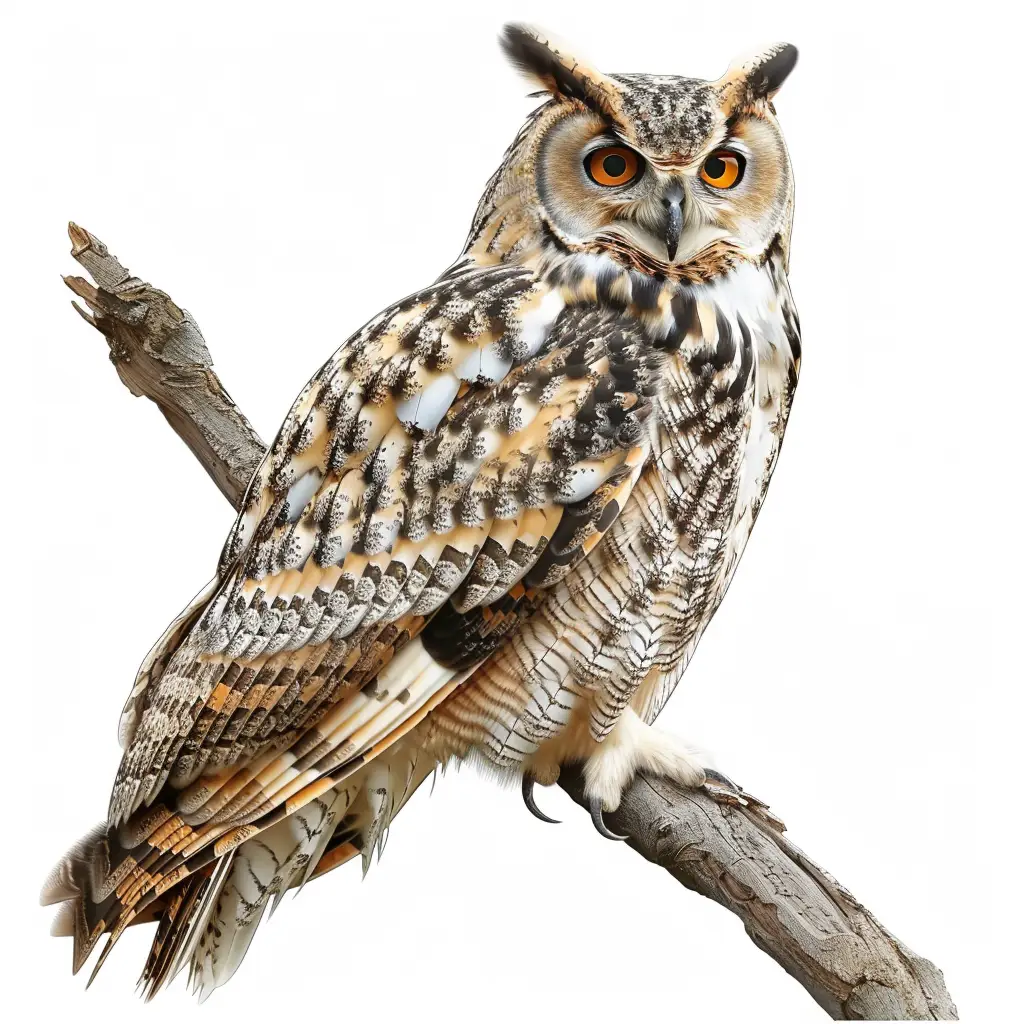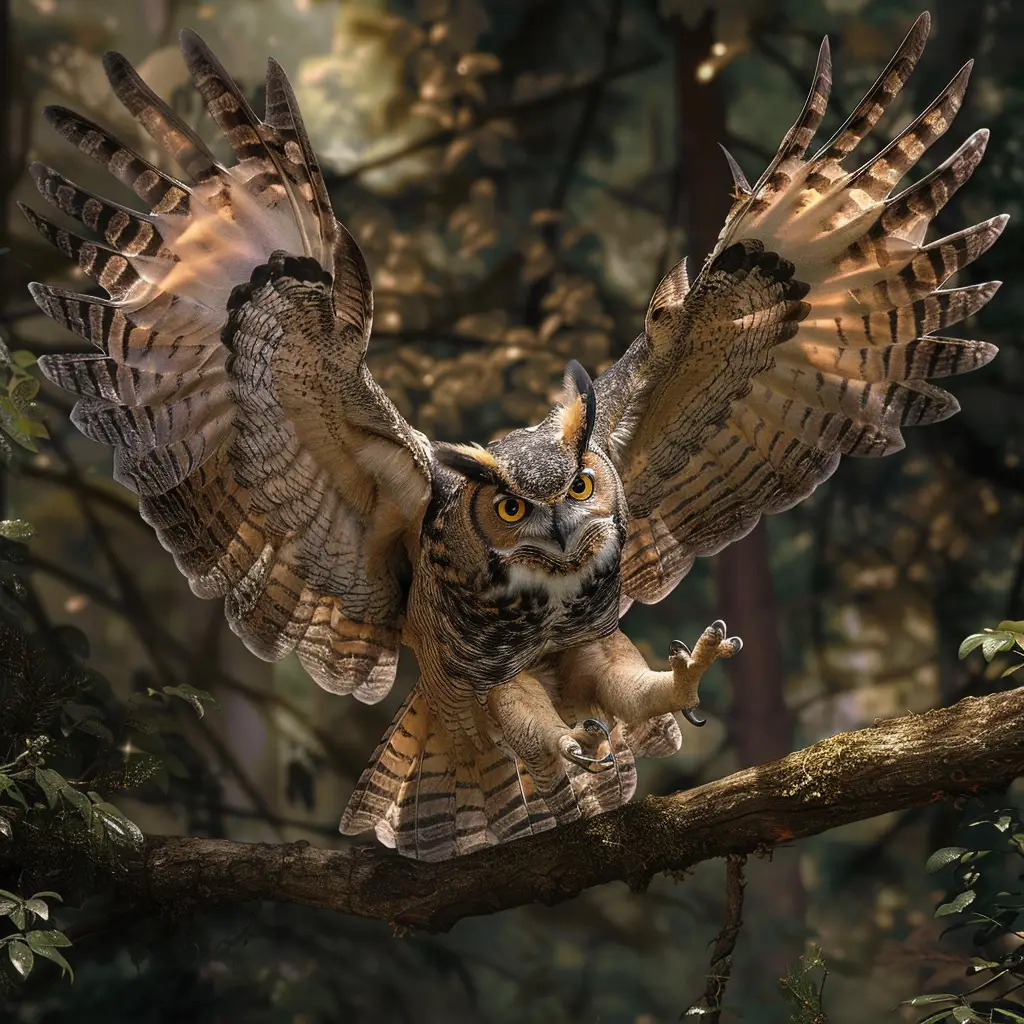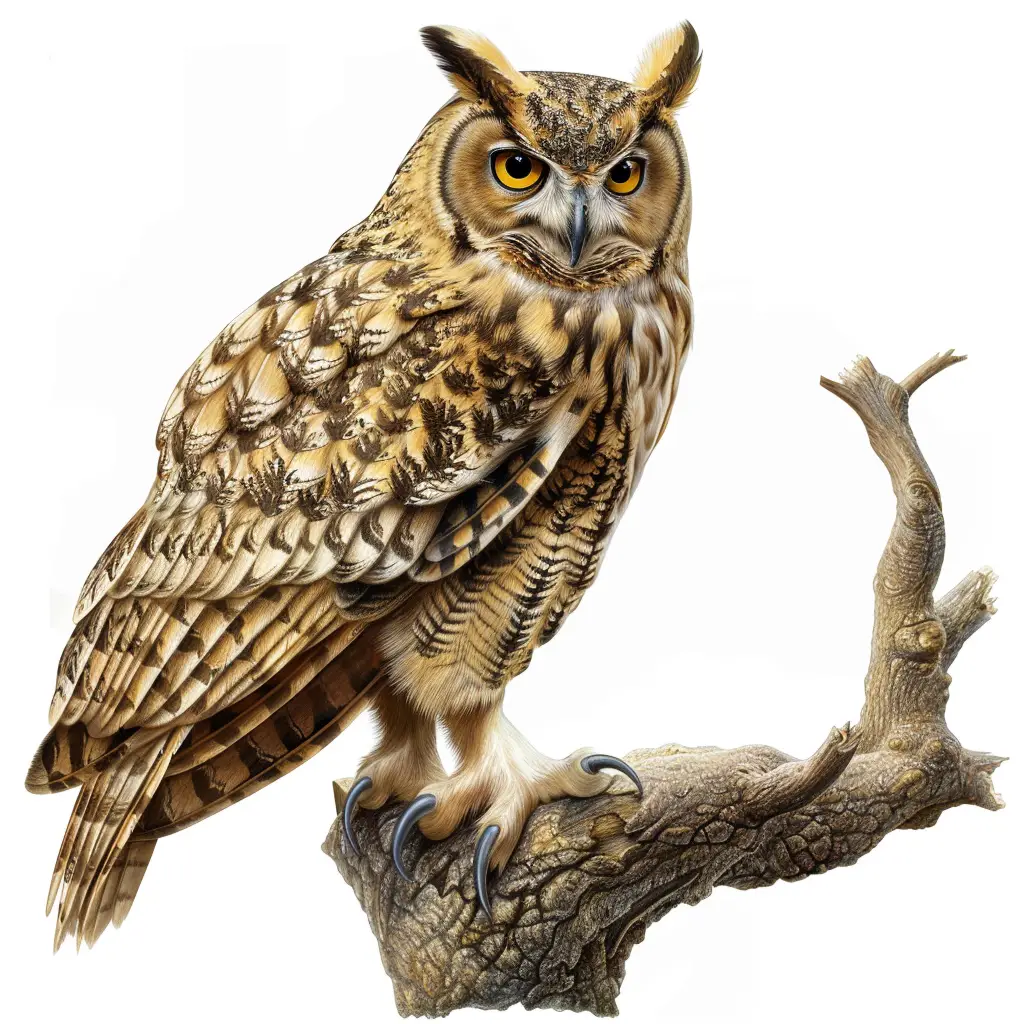In Norse mythology, owls are not as prominently featured as they are in some other cultures’ mythologies. However, they do make occasional appearances and may symbolize certain concepts or themes. Here are a few instances where owls are mentioned or inferred in Norse mythology:
Wisdom and Knowledge: Owls are often associated with wisdom and knowledge in various mythologies, and this association may extend to Norse mythology as well. Given Odin’s role as the god of wisdom and knowledge, some interpretations may connect owls to him symbolically, although there is no direct mention of this in the original sources.
Sagas and Poetic Imagery: Owls might be indirectly referenced in some of the sagas or poetic imagery of Norse literature. For example, in Old Norse poetry, kennings (poetic metaphors) sometimes describe creatures or entities in indirect ways. Owls or nocturnal birds of prey could potentially be referenced in such kennings, although the exact interpretation would depend on the context of the poem.
Folklore and Superstition: In Norse culture, as in many others, owls may have been regarded with superstition or folk beliefs. While specific references to Norse beliefs about owls are scarce, it’s possible that they were seen as omens or symbols of death or misfortune, as they are in some other cultures.
Given Frigg’s role as a powerful and wise goddess, it’s not uncommon for modern interpretations or artistic representations to connect her symbolically with owls. In some contemporary artwork or retellings of Norse mythology, you may encounter depictions of Frigg accompanied by an owl or with owl symbolism, highlighting her wisdom and protective qualities.



